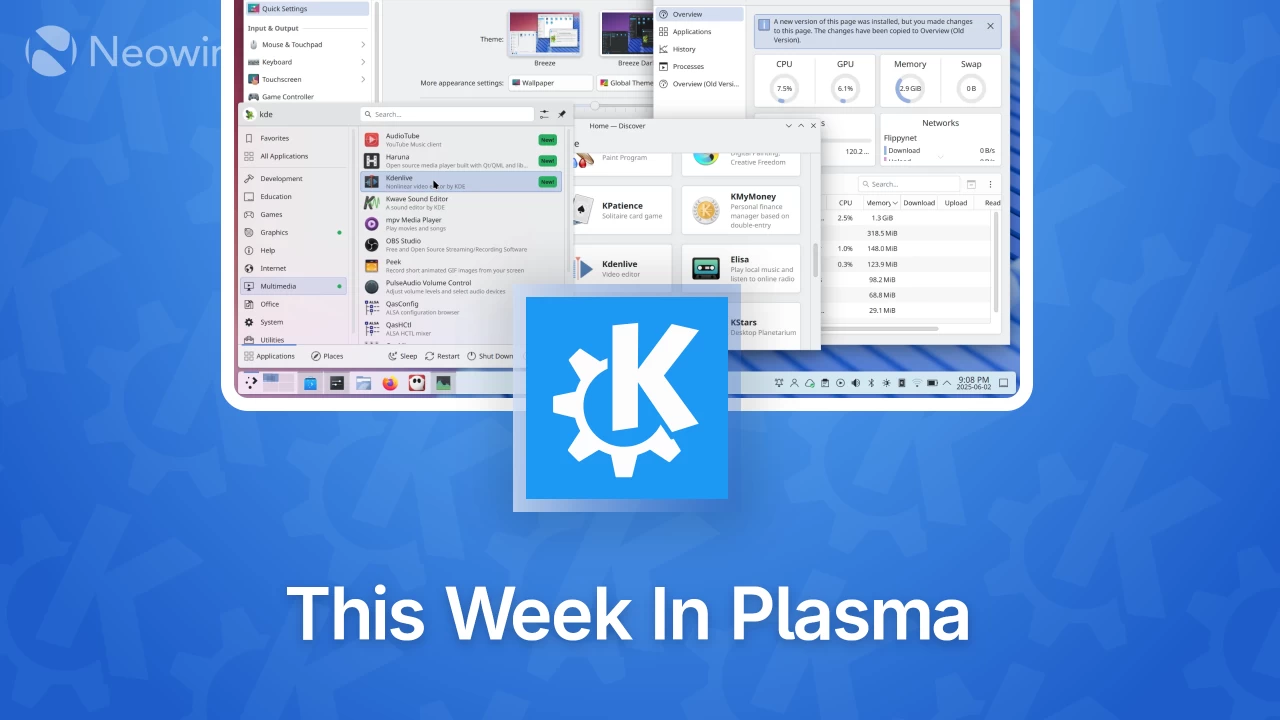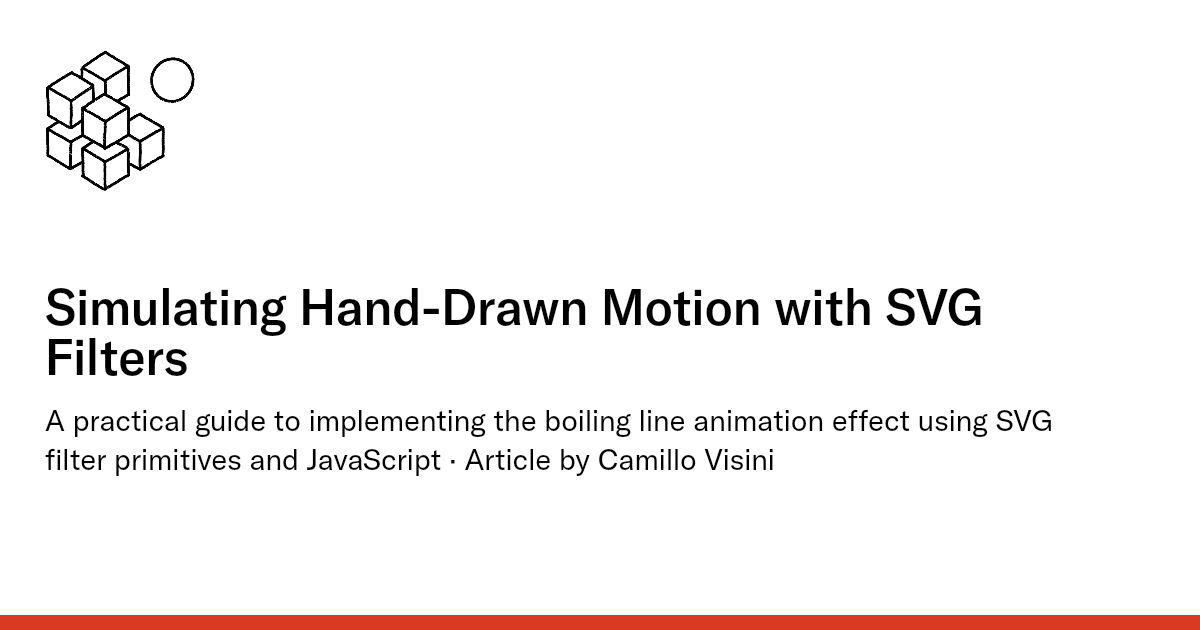Quadratic Forms Beyond Arithmetic: Four Decades of Algebraic Advances
This article reviews major advances in the algebraic theory of quadratic forms over the last four decades, focusing on how the introduction of algebro-geometric methods revolutionized the field. Tracing the concept's origins from early work in ancient Babylon and Greece to landmark theorems by Fermat and Lagrange, it highlights the solution of the Milnor conjectures and novel approaches to studying quadratic forms using algebro-geometric tools such as quadric hypersurfaces and algebraic cycles. The article also explores field invariants associated with quadratic forms (the u-invariant and Pythagoras numbers), and discusses open questions concerning dimensions and splitting patterns of quadratic forms.







